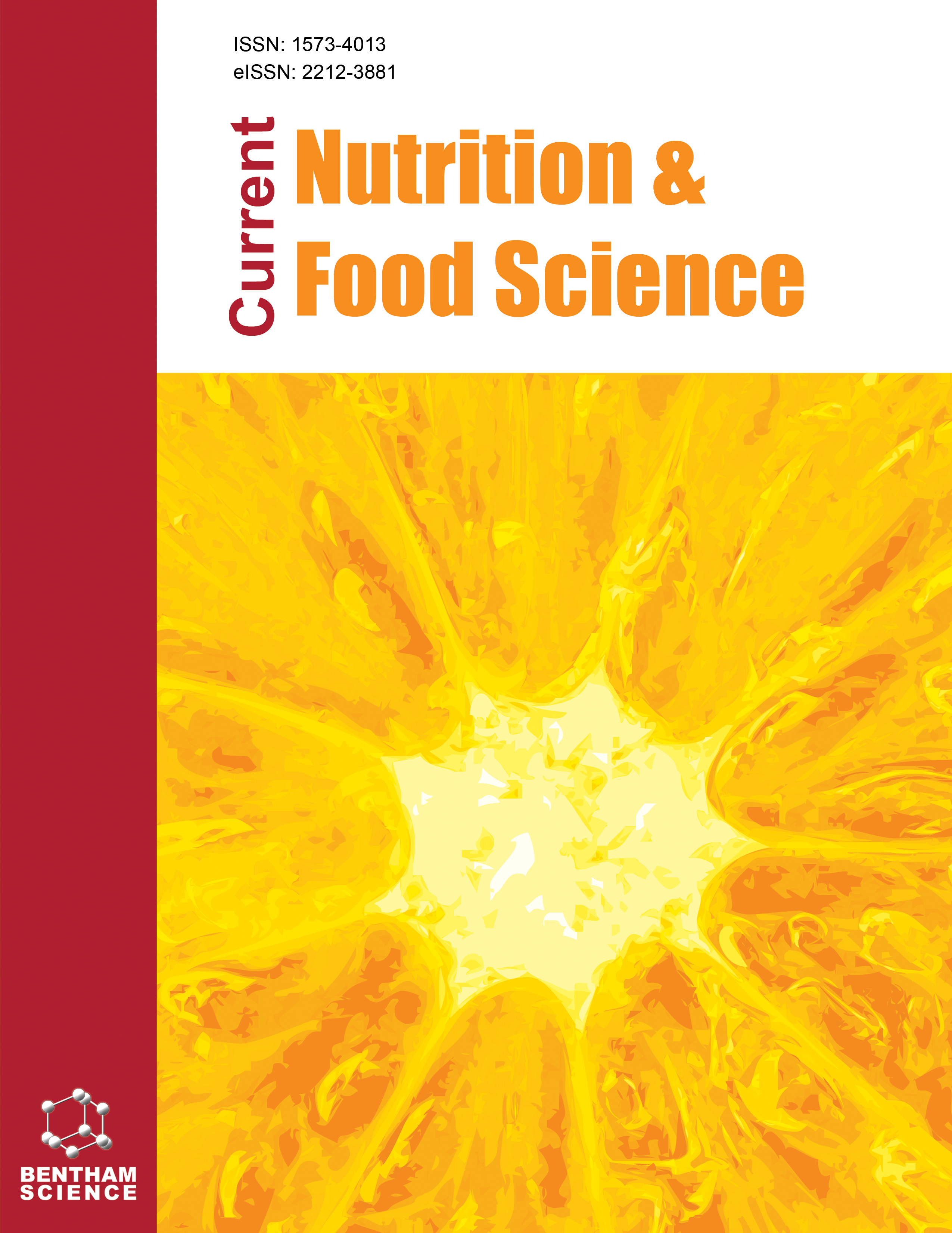-
f Probiotics and Bardet-Biedl Syndrome: Exploring Gut Health as a Therapeutic Frontier
- Source: Current Nutrition & Food Science, Volume 21, Issue 10, Dec 2025, p. 1017 - 1020
-
- 13 May 2025
- 30 May 2025
- 17 Jul 2025
Abstract
Bardet-Biedl Syndrome (BBS) is a disorder that causes defects in the cilia and contains many related issues, including often-overlooked gastrointestinal (GI) issues. Regularly, it causes patients to be constipated, bloated and uncomfortable in the abdomen, all linked to issues with the gut and its ability to move properly. This report investigates whether probiotics may help in managing these GI conditions, using extensive literature reviews on BBS, gut microbiota and probiotics used for similar problems. Studies on Prader-Willi Syndrome and autism spectrum disorder reveal that probiotics may promote more regular gut movements, control inflammation and increase contact between our gut and brain. Yet, important challenges in translational research for BBS still exist, as there are no disease-specific clinical trials, probiotic strains and formulations differ, regulations are missing and safety issues arise because of complications with the immune and kidney systems. Because of these challenges, there is a need for focused studies to determine standard ways to give probiotics to these patients and how safe they are over the long term. In general, probiotics appear to be beneficial in managing GI symptoms in individuals with BBS, though more extensive clinical research is necessary for mainstream use. These patients are likely to experience dysfunction of the digestive system and therefore probiotics, gut bacteria, dysbiosis, SCFA, disorders of the gut-brain link and supplemental therapy may be helpful.


